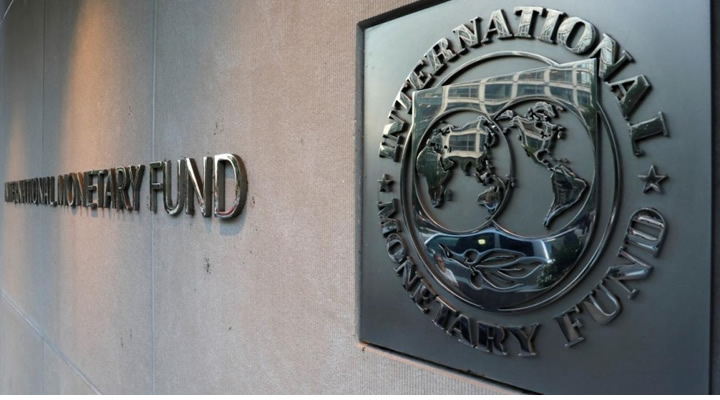The Chief Economist at SPM Professionals, Paul Alaje, on Friday urged the Federal Government to exercise caution regarding advice from global financial institutions such as the World Bank and the International Monetary Fund (IMF).
He made this statement during an interview on Channels Television’s Politics Today, warning that heeding the enticing recommendations of these institutions could result in a further rise in the dollar-to-naira exchange rate.
“The main issue here is the exchange rate. Any gains made by this administration could be negated if the naira depreciates to 2,000. This is why we must be extremely cautious and avoid getting swayed by the allure of what some institutions are telling us,” he stated.
Alaje’s caution comes amidst several advisories from the institutions encouraging the Nigerian government and other countries to adopt various policies to steer their economies in the right direction.
On Tuesday, the IMF advised nations facing high inflation, including Nigeria, to adopt tighter monetary policies to stabilise their economies.
The IMF’s Economic Counsellor and Director of Research, Pierre-Olivier Gourinchas, expressed this sentiment in Washington during a press conference unveiling the World Economic Outlook (WEO) at the ongoing IMF/World Bank annual meetings.
Gourinchas highlighted the need to balance monetary and fiscal policies to address inflation and debt challenges in affected regions.
The IMF identified Sub-Saharan Africa as a region of particular concern. According to the WEO report, the region’s economic growth rate is expected to hold steady at 3.6 percent this year, with a projected modest rise to 4.2 percent next year. Despite these improvements, the economic landscape remains difficult due to weather-related shocks and conflicts.
“In countries where inflation is very high, we recommend a tight monetary policy stance. In some cases, fiscal consolidation can help, though this is complicated by the trade-offs many nations face,” he said.
“Growth in the region is subdued and uneven,” Gourinchas noted. “Weather shocks and conflict have affected several countries, and inflation, although stabilising in some areas, continues to pose significant challenges.”
He noted that while inflation is declining and nearing target levels in some countries, approximately one-third of the nations in the region are still struggling with double-digit inflation.



